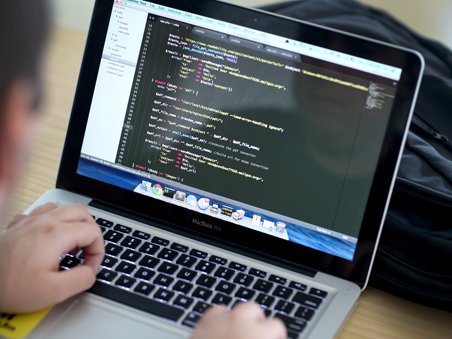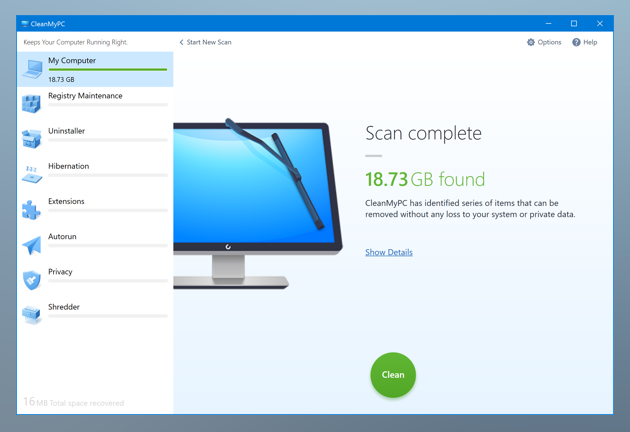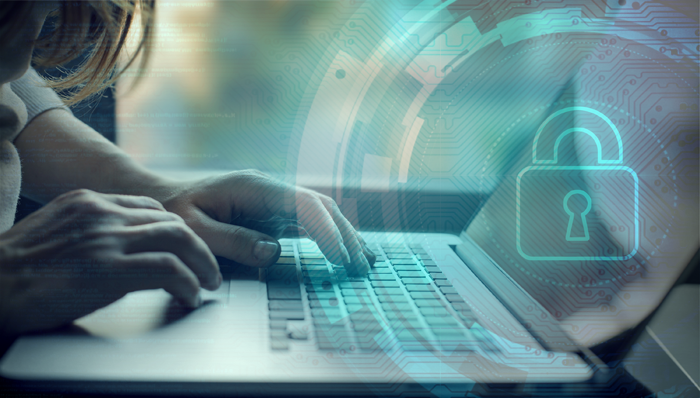Some time ago, I read a news. In one unfortunate incident, a couple of researchers’ computers were stolen in their cars when they were not present. The laptop contained years of valuable cancer research and they announced a reward of $ 1,000 to anyone who would have made the computer intact.
I only hope and I pray that they recover their computer. Taking this example as an example, let us remember to keep our computers and data safe. Here are some basic precautions to take regarding our electronic data.
Data security: all important data you handle must be backed up. Depending on your work volume, the regularity of the backup must be decided. It can be daily, weekly or fortnightly. In the example above, if the research team had a backup of their valuable data in their labs, the situation could have been saved. If the laptop crashes instead of being stolen, the same goes for the data. This shows the importance of keeping a regular backup. However, recalling and performing regular backups is often tedious, but we may prefer automated solutions in which backup is performed regularly by software.
Data and Equipment Security: From another angle, if the data falls into the hands of a competitor, it would be a costly mistake. So, even if you have backups of your data, you can not afford to lose them as much as possible. To do this, you can ensure the physical security of your equipment, for example by physically locking the laptop or by encrypting the data and using a password so that the data is not accessible to anyone, even if the equipment falls into the wrong hands, etc.
Another precaution is to keep the operating system up-to-date to avoid any flaws in the security loop and keep the firewall and antivirus in good shape. A Trojan virus can delete your data without your knowledge, which is as serious or worse than losing data in other ways. There are many cases of personal financial data theft in this way.
You can also use a password that is strong enough and strong enough. Take care of your passwords (a) using a combination of letters, capital letters and numbers in the password (b) without using easy-to-guess password terms (c) by frequently changing your password. pass (d) by not using the same password everywhere.
By taking simple precautions, we can ensure the security of our data as well as our peace of mind.


















